Lookin’ for Love in All the Wrong Places
Curt Hanke — FOUNDER, PRINCIPAL, CEO & CHIEF STRATEGIST
Originally published in Ad Age Magazine on February 11, 2010
Why Marketers and Agency Execs Need to Take a Fresh Look at the Irrational and Emotional

Humans have absolutely no idea how they actually make decisions. There. I said it.
In spite of our desire to believe otherwise, the vast majority of thought, emotion and learning happens in the unconscious mind. (In his fantastic book, “How Customers Think,” Harvard Business School professor Gerald Zaltman notes that most estimates attribute a whopping 95% of thought, emotion and learning to the unconscious mind.)
The implications for our industry are profound, far-reaching and frankly too often ignored in the day-to-day reality of how we build marketing plans, craft target insights, and even sell and produce our wares. And for good reason. The unconscious is squishy and scary. It sounds like an arbitrary wasteland of instinct, intuition and guesswork. Hardly a fun place to come to work each day for anyone who values a sense of stability and security.
Further, research from OgilvyOne (as reported in Admap over a decade ago) estimates that as much as 66% of the preference for brands is driven by emotional elements — even when consumers believe they are making rational decisions. (So much for that wonderful focus group of brand loyalists you just conducted in St. Louis, huh?)
We so badly want to be in control. As people, as consumers and, yes, as marketers. Which is why the vast majority of the time, in spite of these inherent truths, we overlook the emotional and social benefits of brands. Which, again, makes sense. Functional benefits are something we can wrap our arms around. They’re tangible. From a process standpoint, we can create a tidy chart and draw straight lines from positioning research and advertising concepts to communication checks to, well, you get the idea.
Now, to be clear, there are plenty of great agencies and marketers across the country that are fully aware of this paradigm and manage their brands in an innovative and forward-thinking manner. However, Zaltman himself notes that 90% of marketing research is focused on the functional benefits of products or services. Cue Johnny Lee and the “Lookin’ for Love” players.
As small agencies, while we don’t have the resources of larger shops, we do have the freedom (and perhaps even obligation) to experiment. To tinker. To continually improve our processes and approach, without a whole lot of onerous reviews and overwrought approvals. So whenever I run across research on this topic, it always pokes me between the eyes a bit, and makes me take a hard look at what we’re doing to truly embrace the irrational and emotional, in small and large ways alike.
On Marketing Research
What are we doing to dig deeper into consumer behaviors? Are we stuck in tired models and old habits in how we look at our target audiences? Are we asking the same questions we always have, but simply expecting different results?
Do we have the right research partners? Are they challenging our thinking? Are they likewise helping us explore new approaches — from metaphors and symbols to stories and projective techniques — to elicit new insights? And are we using these insights in a meaningful way in both creating and cultivating our campaign efforts?
On Brand Strategy and Creative Development
How are we innovating our approach to codifying and articulating our brand strategies? How might we develop more meaningful, inspiring platforms?
What are we doing to build trust around the inherently messy process of emotionally charged creative? With our internal teams? With our clients?
On the Art and Science of Marketing
Are we fundamentally looking at our business in old constructs? With individual clients or within individual categories, what are our blind spots? What are the “rules” that we have established that are putting us in an overly rational (read: narrow) box?
If we believe that the world is as irrational and emotional as this research suggests, how can we continue to reinvent the way we do business? To maximize impact? To minimize the risk that exists in almost every aspect of what we do?
The common theme in all of these questions? Constructive agitation. At the end of the day, we can either embrace the messy landscape of unconscious and emotional realities, or become dinosaurs clinging to a vast empire of faulty premises and false idols. Which begs the obvious question: Which of these options is really the more rational choice?


